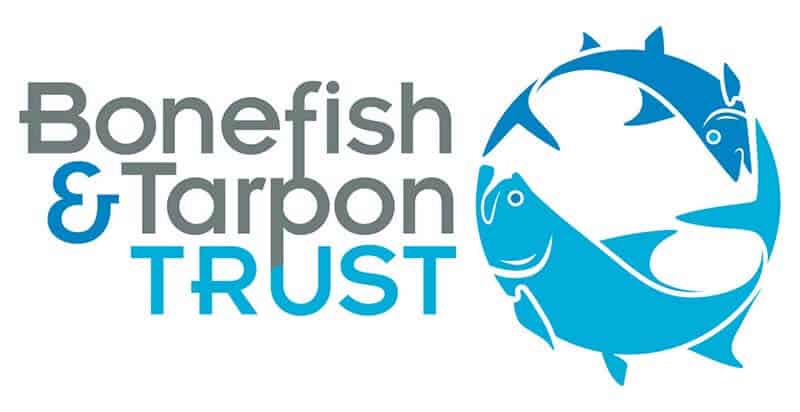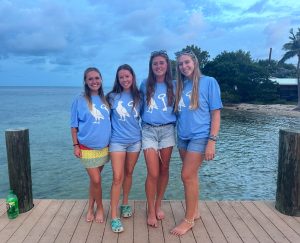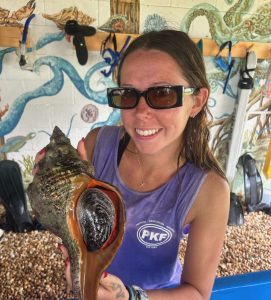Pigeon Key has had a busy and exciting spring filled with Marine Science Education groups as well as new research endeavors! We recently partnered with the Bonefish and Tarpon Trust of Southern Florida in hopes of providing new information about the saltwater flats and mangrove habitats surrounding Pigeon Key.
The Bonefish and Tarpon Trust (BTT) was founded in 1997 by a group of marine anglers concerned with bonefish population declines and habitat threats. As the group gained support and funding for research, the efforts expanded further into tarpon and permit conservation. Currently, the BTT works with local institutions like us as well as larger institutions such as the University of Miami and the Florida Fish and Wildlife Conservation Commission to conduct research, educate the public, and improve conservation regulations and policies for Florida’s inshore fishing trifecta and their habitats.
The elusive and coveted bonefish (Albula vulpes) is on average 10-30 inches and named for its many tiny bones, which is why bonefishing is predominantly a catch-and-release sport instead of an industrial fishery. Bonefish are silver colored and have characteristic grey vertical markings that camouflage them from small crustaceans, molluscs, worms, and other prey. While mature adults are found in the warm shallow flats of intercoastal areas, bonefish use mangroves as nurseries for their offspring. This is what we here at Pigeon Key are most specifically looking for in our data collection. Bonefish larvae are what’s called leptocephalic, meaning they are transparent and eel-like in appearance before they mature into their fish body form. By systematically sampling different spots around Pigeon Key with lighted, fine-mesh nets, we hope to identify new bonefish nurseries to target for conservation purposes.
Collaboration within the scientific community, whether it’s cutting-edge research, environmental education, or recreational conservation, opens new avenues to healthier and more sustainable communities. We’re definitely glad to be teaming up with the BTT to improve our waters right here at home!
Meghan Moody, 2019 Education Intern Staff



